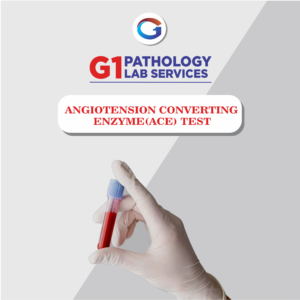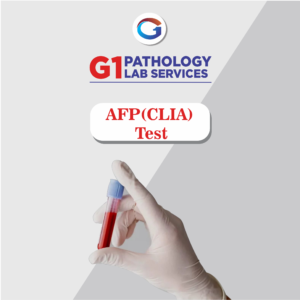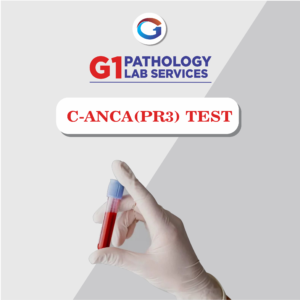Antineutrophil cytoplasmic antibodies (ANCA) are a set of autoantibodies developed when an individual’s immune system wrongly aims and strikes the neutrophil protein, proteinase 3(PR3). This concludes in the development of autoantibodies to PR3. The PR3 (C-ANCA) blood test diagnoses the presence or absence of these autoantibodies. These autoantibodies exist in a number of autoimmune disorders that are the reason for swelling, harm and injure blood vessels throughout the body (systemic vasculitis). Vasculitis causes tissue and organ damage because of the narrowing and obstruction of blood vessels and the subsequent loss of blood supply. Antineutrophil cytoplasmic antibodies (ANCA) affect the type of human white blood cells like neutrophils. Neutrophils are important white blood cells that help fight infections caused by bacteria. ANCA combines with two proteins usually found in the fluid present in the white blood cells. These two proteins are Proteinase 3 (PR3) and Myeloperoxidase (MPO). c-ANCA, or PR3-ANCA, or antineutrophil cytoplasmic antibodies generally produced by the body act against one of its proteins. These antibodies result from the binding of ANCA to antigen targets throughout the neutrophil cytoplasm. A typical protein target of c-ANCA is proteinase 3 (PR3). A proteinase 3 (PR3) or c-ANCA test usually detects, diagnoses, and monitors certain forms of autoimmune ANCA swelling in blood vessels that cause severe health-related problems. The test helps your doctor to diagnose and treat the disorders. Loss of hearing, redness in the eyes, difficulties in vision, skin rashes, difficulty in breathing, respiratory problems, protein in the urine, abdominal pain, fever are some signs and symptoms of c-antineutrophil cytoplasmic antibodies. Majorly, the presence of c-ANCA affects blood vessels in the different parts of the body. It can cause autoimmune dysfunction like inflammation in blood vessels (vasculitis) like arteries, veins, and capillaries, leading to further serious health problems. Almost 85% of affected patients indicate acute cytoplasmic antineutrophil cytoplasmic antibodies with a higher frequency noted in patients with Granulomatosis with polyangiitis disease.







Reviews
There are no reviews yet.